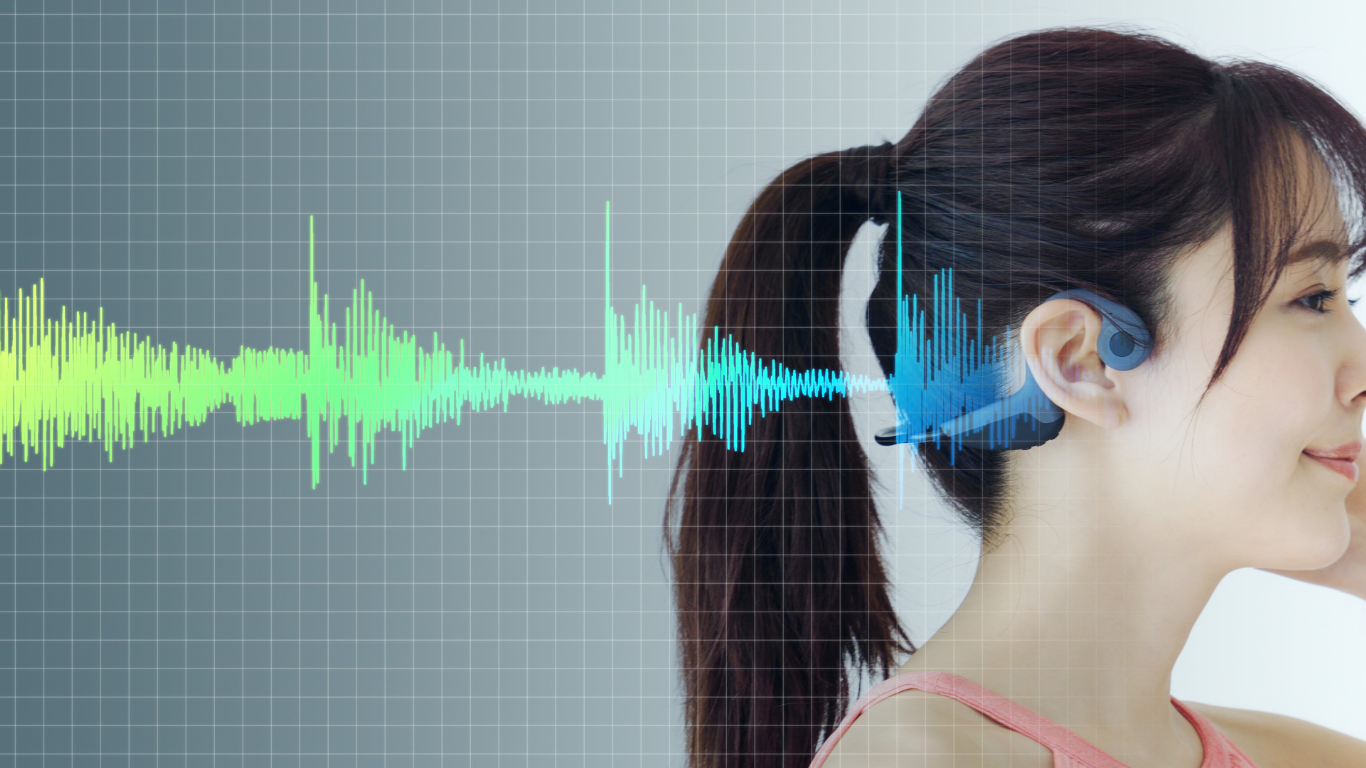Welcome to Our Blog
by: Alissa Horneland, BC-HIS
Why Your Hearing Aid Batteries May Not Last Long & Tips for Longer Life
If you use hearing aids, you might have noticed that sometimes the batteries don’t last as long as expected. Here are some reasons why this happens and how you can make them last longer. We’ll also talk about why switching to rechargeable batteries might be a smart choice.
Why Your Hearing Aid Batteries Don’t Last
High-Powered Features
Modern hearing aids come with fantastic features like noise cancellation, Bluetooth connectivity, and advanced sound processing. While these make your hearing experience better, they also use more battery power. The more you use these features, the quicker your battery drains.
Frequent Streaming
Do you stream music or calls through your hearing aids? While it's great to enjoy your favorite tunes or catch up with friends, streaming can use up a lot of battery power. Even connecting to devices via Bluetooth can shorten battery life.
Improper Storage
Storing your hearing aids with the battery door closed can drain the batteries even when not in use. Always remember to open the battery door when you take them off at night to let the air circulate and save battery power.
Environment and Humidity
Extremely hot or cold temperatures can affect battery performance. Also, high humidity levels can cause batteries to drain faster. Try to keep your hearing aids and batteries at room temperature and dry to maximize their lifespan.
Battery Quality
Not all batteries are created equal. Cheap or old batteries can run out faster than high-quality ones. Investing in good-quality batteries from reliable brands can make a significant difference.
Tips for Extending Battery Life
Turn Off When Not in Use
When you’re not using your hearing aids, turn them off by opening the battery door. This simple step can save a lot of battery life over time.
Use a Dehumidifier
Consider using a hearing aid dehumidifier at night. This helps keep moisture away, which can improve both battery life and the overall health of your hearing aids.
Avoid Touching the Batteries
Try not to touch the batteries with your fingers when inserting them. The oils from your skin can transfer to the battery and affect its performance. Use a clean cloth or tweezers instead.
Keep Batteries in Their Packaging
Until you’re ready to use them, keep your batteries in their original packaging. This prevents them from being exposed to air and moisture, which can shorten their life.
Let the Battery Breathe
When you remove the sticker from a new battery, let it sit for about 5 minutes before placing it in your hearing aid. This activates the battery and can extend its life.
Why Consider Switching to Rechargeable Batteries?
Convenience
Rechargeable hearing aids eliminate the hassle of constantly buying and changing batteries. Just charge them overnight, and you're good to go for the next day.
Cost-Effective
While the initial cost might be higher, rechargeable hearing aids can save you money in the long run by reducing the need to buy disposable batteries regularly.
Environmentally Friendly
Rechargeable batteries are a greener option. They reduce waste and are better for the environment compared to single-use batteries.
Consistent Performance
Rechargeable hearing aids often provide more consistent performance throughout the day. No more sudden battery failures at inconvenient times!
Easier Handling
For those with dexterity issues, handling small batteries can be a challenge. Rechargeable hearing aids simplify this by removing the need to frequently change batteries.
By understanding why your hearing aid batteries might not last and following these tips, you can make the most out of each charge. If you’re tired of dealing with disposable batteries, it might be time to consider the benefits of switching to rechargeable hearing aids.
Need more advice or ready to explore rechargeable options? Contact us at Frequency Hearing today!










